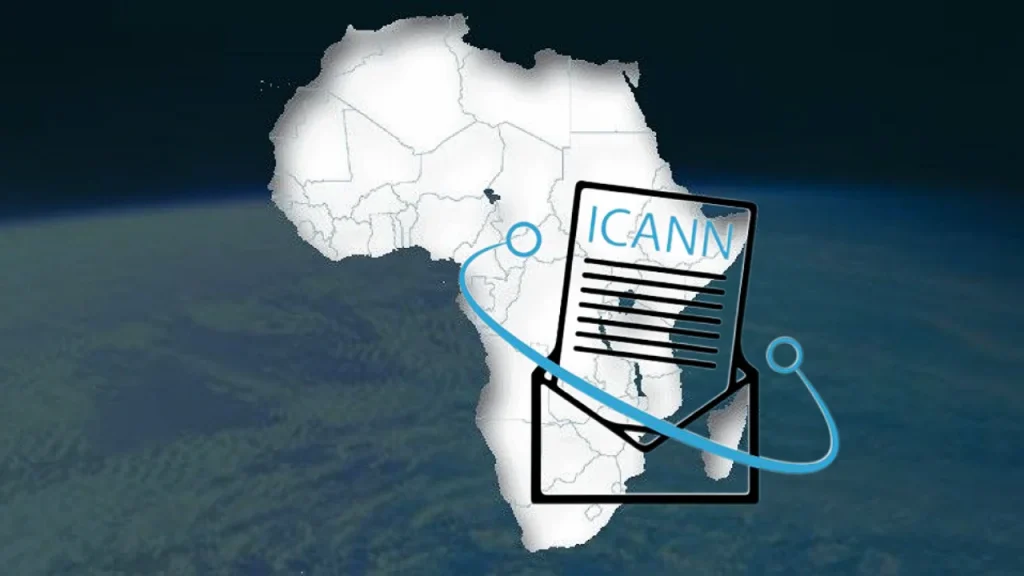- ICANN leadership’s posture on AFRINIC’s governance crisis has evolved, with initial warnings giving way to calls for procedural clarity.
- Observers now question whether early assertiveness reflected overreach—and whether the new tone represents pragmatic retreat.
From firm warnings to softer messaging
In late June, AFRINIC’s post-election turbulence drew sharp attention. Following the annulment of its June 23 board election due to a contested proxy vote, ICANN issued a formal notice on June 25. The letter, signed by CEO Kurt Lindqvist, described “shocking allegations” surrounding AFRINIC’s governance and stated that a “compliance review may well be necessary.” The tone suggested imminent consequences, including potential derecognition as a Regional Internet Registry (RIR).
While this messaging was framed as a defence of multistakeholder integrity, many in the internet governance community perceived it differently. The reaction was seen by some as disproportionately severe—especially considering that the Supreme Court of Mauritius had approved the electoral process and placed AFRINIC under court-appointed receivership.
Also read: Cloud Innovation supports ICANN’s move to derecognise AFRINIC, calls for successor to be immediately identified
Also read: ICANN’s quiet power grab: ICP-2 compliance document raises alarms amid AFRINIC crisis
A sudden shift to diplomatic nuance
By July 6, the tone had shifted dramatically. In a public message titled “ICANN calls for transparency and fairness in AFRINIC board elections”, the emphasis moved from enforcement to encouragement. The updated language urged the receiver to ensure open member registration, reconstitute the nomination committee, and clarify electoral procedures. No derecognition was mentioned.
Even after Cloud Innovation echoed what it described as ICANN’s “implied call” to dissolve AFRINIC, citing failure to uphold fair election standards, Lindqvist offered a clear denial. In a July 16 letter, he wrote: “Cloud suggests that moving to dissolve AFRINIC is aligned with ICANN’s requests. ICANN wishes to make clear that nothing could be further from the truth.”
This rapid change—from warning of non-compliance to offering guidance—has prompted speculation. Was this a strategic recalibration in response to legal setbacks and diplomatic caution?
Criticism mounts: overreach or pragmatic restraint?
Critics assert that ICANN’s retreat reflects internal second thoughts, not newfound conciliatory leadership. At the WSIS+20 summit in Geneva, digital sovereignty advocates accused ICANN of hypocrisy, recalling its role in the contentious .Africa domain delegation and now questioning its assertiveness toward AFRINIC.
Kurt Lindqvist’s leadership during this period has drawn attention. His initial stance projected urgency and institutional authority; his later letters project a desire for consultation and transparency. Whether this represents evolving diplomacy or a tactical retreat remains open to interpretation.
Also read: Could a public audit save AFRINIC from collapse?
Also read: How AFRINIC’s board elections became a political battlefield
What it means for internet governance in Africa
The shift matters beyond tone. AFRINIC’s legal and operational legitimacy now sits at the centre of debates about internet governance in Africa. As the only RIR on the continent, AFRINIC’s ability to hold credible elections and allocate resources without undue external pressure is crucial.
For stakeholders across Africa, the core question is not just whether elections are fair—but whether governance decisions remain regionally grounded. Kurt Lindqvist and ICANN’s leadership now face the challenge of backing their revised tone with transparent support mechanisms.
Otherwise, the concern remains: that sudden rhetorical reversals may erode confidence not only in AFRINIC’s autonomy but in the broader promise of decentralised, bottom-up internet governance.

